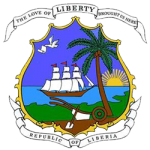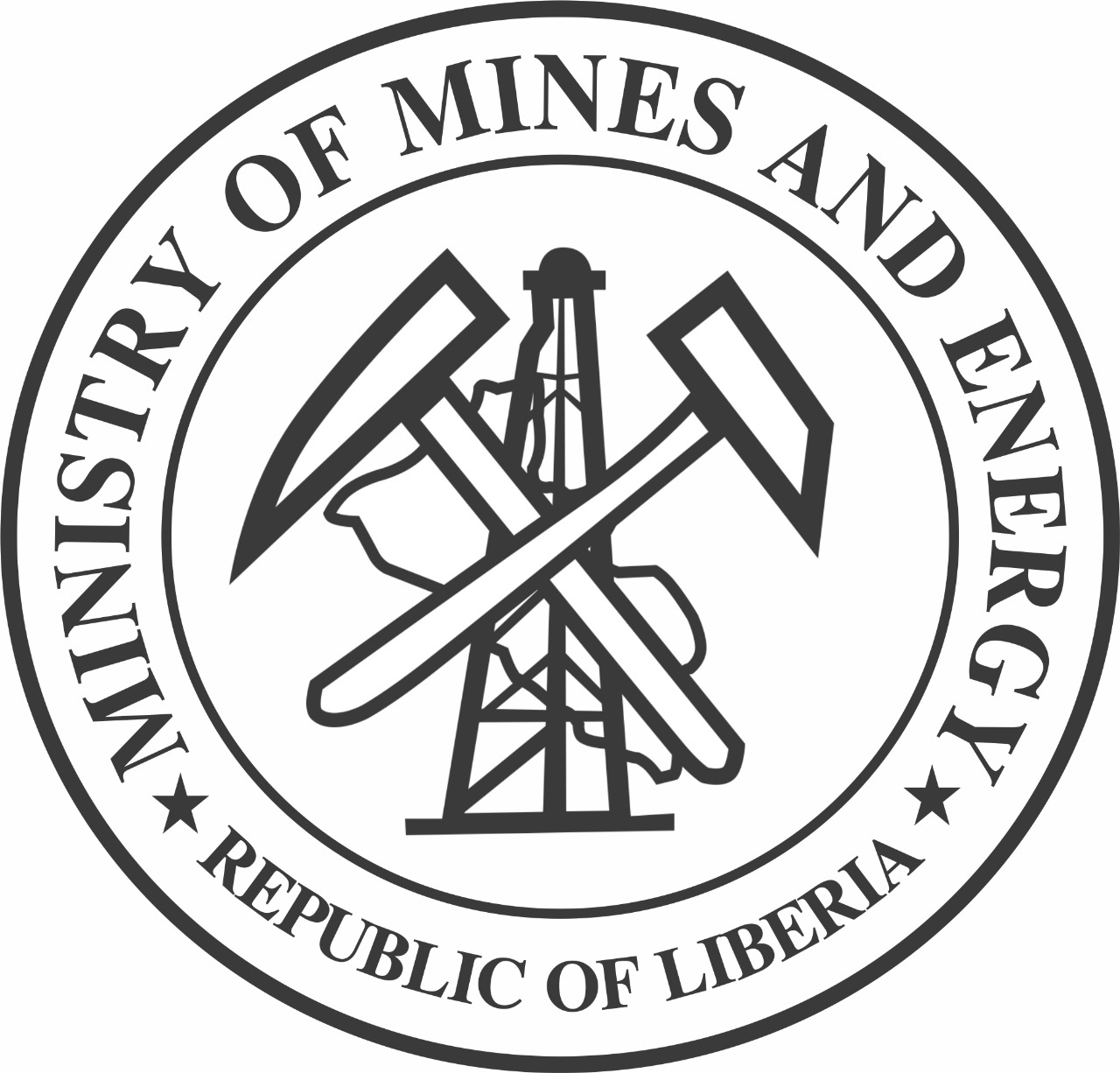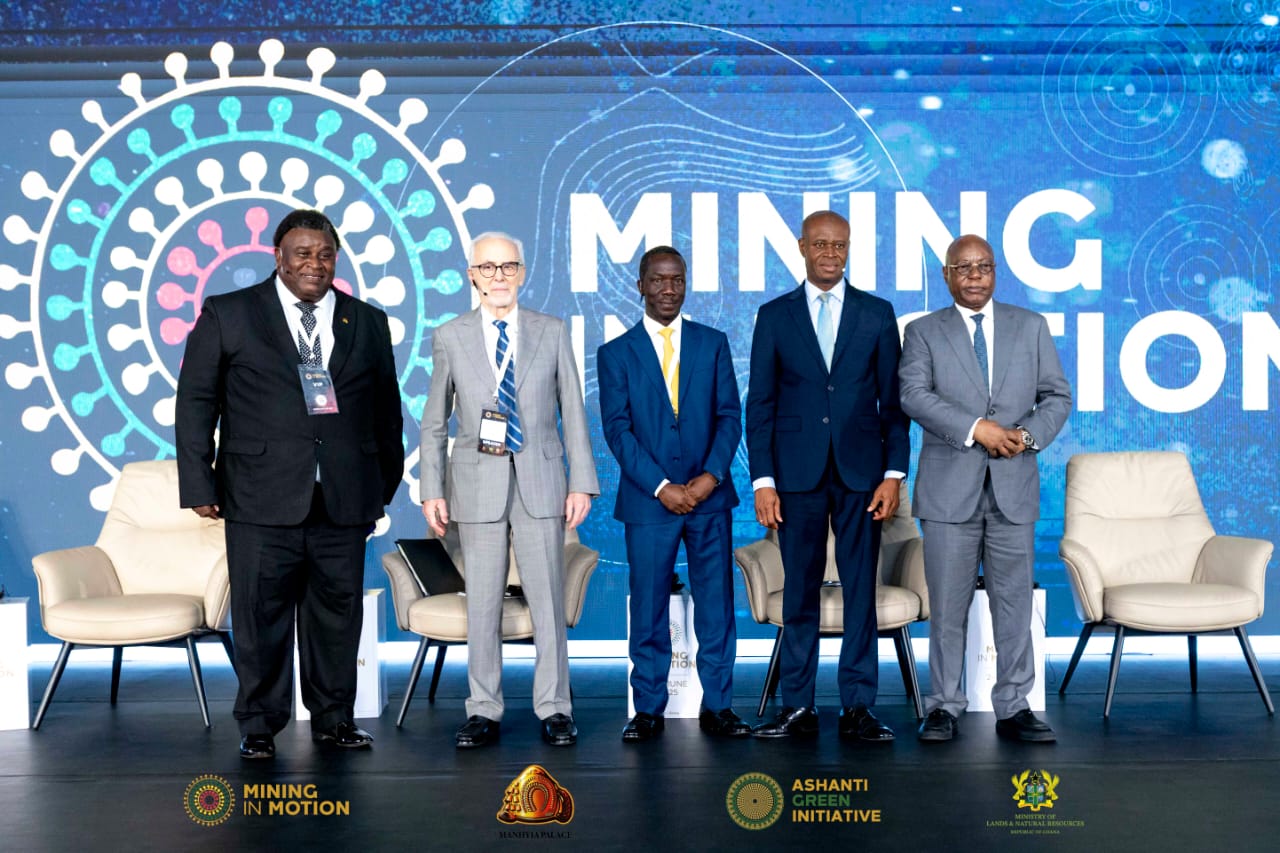




- At ‘Mining In Motion' Summit In Ghana
www.mme.gov.lr
JUNE 5, 2025-MONROVIA: The Minister of Mines from the Republics of Ghana, Liberia, Malawi and the Democratic Republic of Congo (DRC) have emphasized the need to carry out a thorough review that leads to reforming the African Continent’s mining codes whilst participating in the just-ended ‘Mining in Motion’ 2025 summit in Accra, Ghana.
Stressing the role strengthened policies play in enhancing responsible governance, local value creation and the formalization of artisanal and small-scale mining (ASM), the Ministers outlined how evolving legal and policy frameworks are positioning the mining sector as a driver of equitable, sustainable development.
Ghana is leading several ambitious initiatives to modernize its mining code. Among proposed reforms is the creation of a medium-scale mining category, bridging the gap between artisanal and large-scale operations. The Country’s [Ghana] Minister of Lands, and Natural Resources, Emmanuel Armah Kofi Buah, outlined a five-pillar strategy for the country’s mining industry aimed at reforming the sector while empowering artisanal and small-scale mining (ASGM) initiatives.
The pillars include: (1). Overhauling the existing Minerals and Mining Act to attract new investments and bring in fresh ASGM players (2). Enhancing law enforcement to intensify the arrest and prosecution of those engaged in illegal mining. (3). Under the third pillar, the Ministry has reclaimed eight out of nine forest reserves previously designated as red zones for illegal mining within just four months. Reforestation programs are now underway to restore these degraded areas and ensure long-term environmental sustainability. (4). Emphasizing stakeholder engagement and public education. (5). Aiming to provide alternative livelihoods and job opportunities, especially for youth and individuals previously involved in illegal mining.
Minister Buah’s position was backed by his Deputy Minister of Lands and Natural Resources, Alhaji Yusif Sulemana, who stressed the importance of enabling local ownership and ensuring miners have access to sustainable technology, financing models and responsible markets.
Liberia echoed Ghana’s inclusive approach, with Wilmot J.M. Paye, the country’s Minister of Mines and Energy, emphasizing that formalizing ASM is a national priority under the country’s national development plan.
“Small-scale mining is where hundreds of thousands of our people gets their livelihoods. To make the sector productive, we must simplify regulations and ensure intergovernmental coordination. We’re bringing miners to the table,” Minister Paye stated.
Meanwhile, Kenneth Zikhale Ng’oma, Minister of Mining, Malawi, underscored the role of long-term planning. He stated that under Malawi’s Minerals and Mining Policy, the country facilitates investment in human capital, infrastructure and modern technologies. “We are building capacity and linking ASM miners to banks so they can grow their formal enterprises,” Minister Ng’oma stated.
Adding to the continent-wide call for stronger mining governance, Godard Motemona Gibolum, Deputy Minister of Mines, DRC, emphasized his country’s commitment to reforming ASM practices to better serve local communities and the national economy. He highlighted environmental protection as a top priority in ASM-operated areas, noting that government oversight now includes stricter contract terms and closer monitoring.
“We have a new vision – one in which we are adding more value to minerals and providing jobs for the people of our country,” Deputy Minister Gibolum stated.
During the panel session, Ghana’s recent policy reforms were highlighted as a model for mining code reforms across the continent. These include the Local Content and Policy Regulation, which mandates the use of Ghanian expertise, goods and services in mining operations. The Equipment Tracking Regulations and Blue Water Initiative were also noted as templates for how other countries can improve environmental standards, traceability and value addition.
The panelists agreed that Africa’s mineral wealth can only benefit its people through transparent, inclusive and environmentally conscious governance. They indicated that reforms must go beyond legislation and be backed by capacity building, access to finance and collaboration with communities.
MME PUBLIC RELATIONS